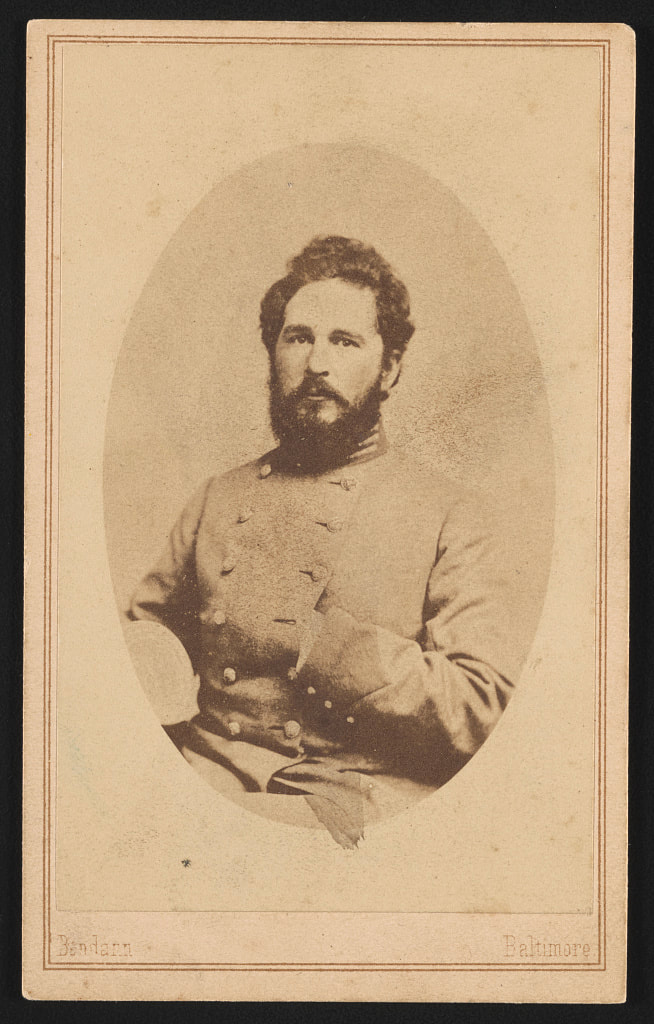James Howard "Dutch" Kindelberger was born on May 8, 1895, in Wheeling, West Virginia, to Charles Frederick Kindelberger, a steelworker, and Rose Ann Riddle Kindelberger. He dropped out of school after completing 10th grade at Wheeling High School to work in the steel industry alongside his father. Determined to further his education, Kindelberger took correspondence courses and eventually gained admission to Carnegie Institute of Technology (now Carnegie Mellon University) in 1916 at age 21 to study engineering.
In 1917, with the United States' entry into World War I, Kindelberger enlisted in the Army's Aviation Section of the Signal Corps. He served as a pilot instructor at Park Field in Memphis, Tennessee. After the war, in 1919, he married his childhood sweetheart, Thelma Knarr.
Kindelberger's aviation career began in 1920 when he joined the Glenn L. Martin Company in Cleveland, Ohio, as chief draftsman and assistant chief engineer. In 1925, he moved to the Douglas Aircraft Company in California, where he served as chief engineer for nine years. At Douglas, he led the development of the DC-1 and DC-2 aircraft.
In 1934, Kindelberger became president and general manager of General Aviation, which was soon renamed North American Aviation Inc. Under his leadership, the company produced several iconic aircraft. During World War II, North American manufactured the P-51 Mustang fighter and the B-25 Mitchell bomber. After the war, the company developed the F-86 Sabre jet fighter, which played a crucial role in the Korean War.
Kindelberger's role at North American Aviation evolved over time. In 1948, he became chairman and chief executive officer, positions he held until his retirement as CEO in 1960 at the age of 65. During this period, he guided the company's transition into the space age, overseeing the development of rocket engines and spacecraft. North American became a prime contractor for the U.S. space program under his leadership.
Throughout his career, Kindelberger worked with several notable figures in the aviation industry. He formed a long-lasting professional relationship with J. L. "Lee" Atwood, who succeeded him as president of North American Aviation in 1948 and as CEO in 1960. Kindelberger also knew and worked with other aviation pioneers such as Donald Douglas, Glenn L. Martin, and Jimmy Doolittle.
Kindelberger's personal life saw changes as well. He divorced Thelma in 1945 and later married Helen Allen, a former model. He had two children, including a daughter named Joan.
After his retirement as CEO, Kindelberger remained chairman of the board at North American Aviation until his death on July 27, 1962, in Pacific Palisades, California. He died of congestive heart failure at the age of 67. Kindelberger was buried at Westwood Memorial Park in Westwood, Los Angeles County, California.
Throughout his life, Kindelberger received numerous accolades for his contributions to aviation. He was posthumously inducted into the National Aviation Hall of Fame in 1972 and the International Aerospace Hall of Fame in 1977, cementing his legacy as one of the most influential figures in American aerospace history.
To learn more: (https://shorturl.at/U4tPL) (https://shorturl.at/nNSkr) (https://shorturl.at/Ih9r7) (https://shorturl.at/0JwKd) (https://shorturl.at/ZkeLo)
Photo Credits: Find a Grave, Wheeling Hall of Fame, The Lima News, Ohio Count WVGenWeb, Wikisource, Aerospace Legacy Foundation









 RSS Feed
RSS Feed
